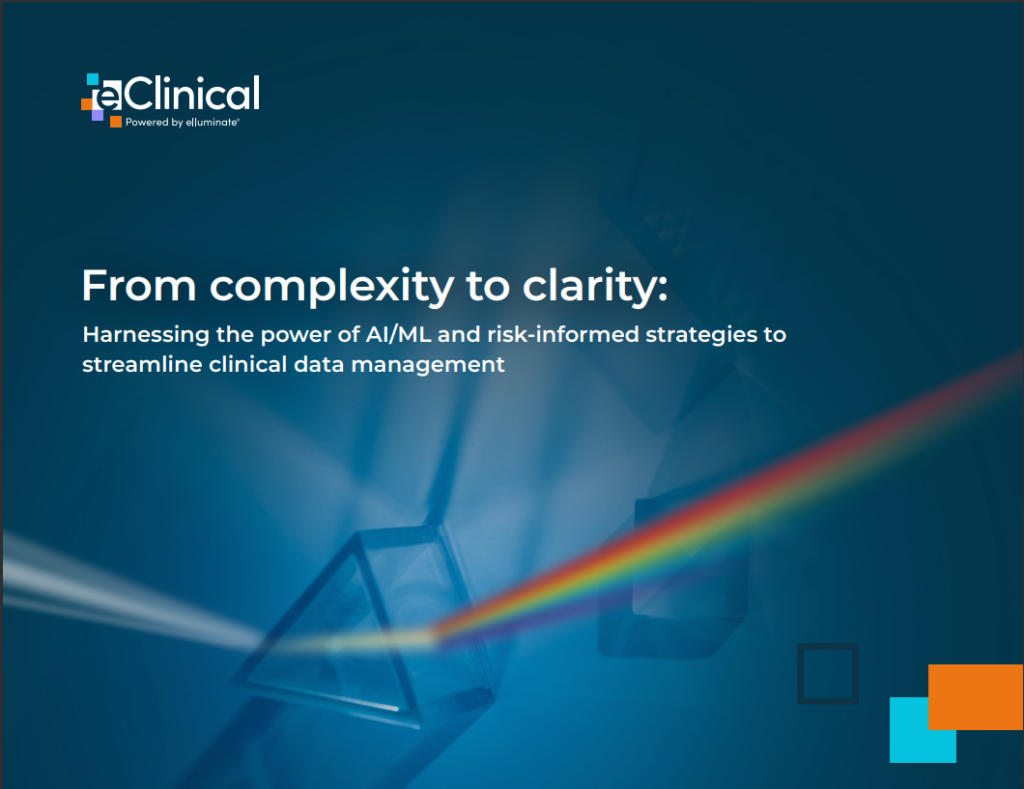In this contributed article, David Brooks, SVP of Evangelism at Copado, discusses how much has been said about AI’s ability to generate code. But what is often overlooked is its ability to generate test scripts as well. Test scripts are susceptible to hallucinations just like code. So while GenAI can easily create the script, it is your responsibility to review the results.
The Future of AI Startups: Explainability Is Your Competitive Edge
In this contributed article, Lucas Bonatto, Director of Engineering for AI and ML at Semantix, discusses how generative AI applications extend from physiotherapists using text-to-video tools demonstrating patient recovery exercises to coding Q&As that decrease network language complexity. These pre-trained ML solutions, which previously required highly skilled teams to train, close the gap between tech giants and digital novices—but that’s if they understand the fine print.
Starting Your Advanced Analytics Journey: Three Areas to Focus On
In this contributed article, Amish Amin, executive director, security and analytics, Comcast, discusses the importance of advanced analytics when it comes to cutting through the massive amounts of data within a single organization. In large organizations today, the amount of data that needs to be sifted through continues to grow in volume. In fact, the global datasphere is expected to
more than double between 2022 and 2025. Not only is there an incredible amount of information, but there aren’t enough people to properly analyze it all. In his piece, Amish explains that by applying advanced analytics, organizations can drive valuable insights, cut through the noise and, ultimately, increase efficiency. He also outlines three areas to consider when it comes to an advanced analytics initiative and four best practices.
AI Won’t Eliminate Programming, But Can Make It Better
In this contributed article, Mike Loukides, Vice President of Emerging Tech Content at O’Reilly Media, makes the argument that the number of programmers who will be “replaced by AI” will be small and explains how the use of AI will change the discipline for the better.
Why Enterprises Should Run, Not Walk, to Combine AI & AR
In this contributed article, Kelly Peng, CEO and chief technology officer of Kura, discusses how marriage of AI and AR can combine to give us a world where we can do everything from communicate across language barriers to collaborate with remote employees like never before.
IBM’s Groundbreaking Analog AI Chip: Ushers New Era of Efficiency and Accuracy
In this contributed article blogger Justin Varghise discusses the ground breaking advancement for AI that IBM has unveiled – a cutting edge analog AI chip that promises and has potential to redefine the landscape of deep neural networks (DNNs). This chip is 100 times more energy-efficient and up to 10 times faster than traditional digital AI chips for performing deep neural network (DNN) computations.
The Government Needs Fast Data: Why is the Federal Reserve Making World-altering Decisions on Stale Data?
In this contributed article, Alex Izydorczyk, founder and CEO of Cybersyn, discusses an important question: Should there ever be “very big surprises” (or any surprises, for that matter) in the data on which the Federal Reserve bases decisions on?
Understanding the Power of Feedback Analytics
In this contributed article, Ryan Stuart is the co-founder and CEO of Kapiche, discusses feedback analytics and how it is a means to unlock deeper customer insights, with five concrete examples of how to use feedback analytics to drive innovation and growth.
Who Done It? 3 Possible Suspects in this Halloween’s Bad Data Horror Movie, And How Data Teams Can Make It Out Alive
In this contributed article, Lior Gavish, CTO and Co-Founder of Monte Carlo, outlines some of the ways companies can erase themselves from ever appearing in these bad data horror stories, ranging from simple tips to bolster governance within their organization, to tools and best practices that will save data teams the time, hassle, and headache that comes with dealing with bad data.
Generative AI Highlights the Need for Identity Verification
In this contributed article, Mark Lieberwitz, Co-Founder & CPO of KarmaCheck, takes a look at how verified identities help restore trust in digital content, combat the erosion of trust caused by generative AI, and prevent the dissemination of false narratives. Implementing identity verification must be accompanied by robust privacy measures and industry-wide collaboration to protect user data and establish consistent standards.










